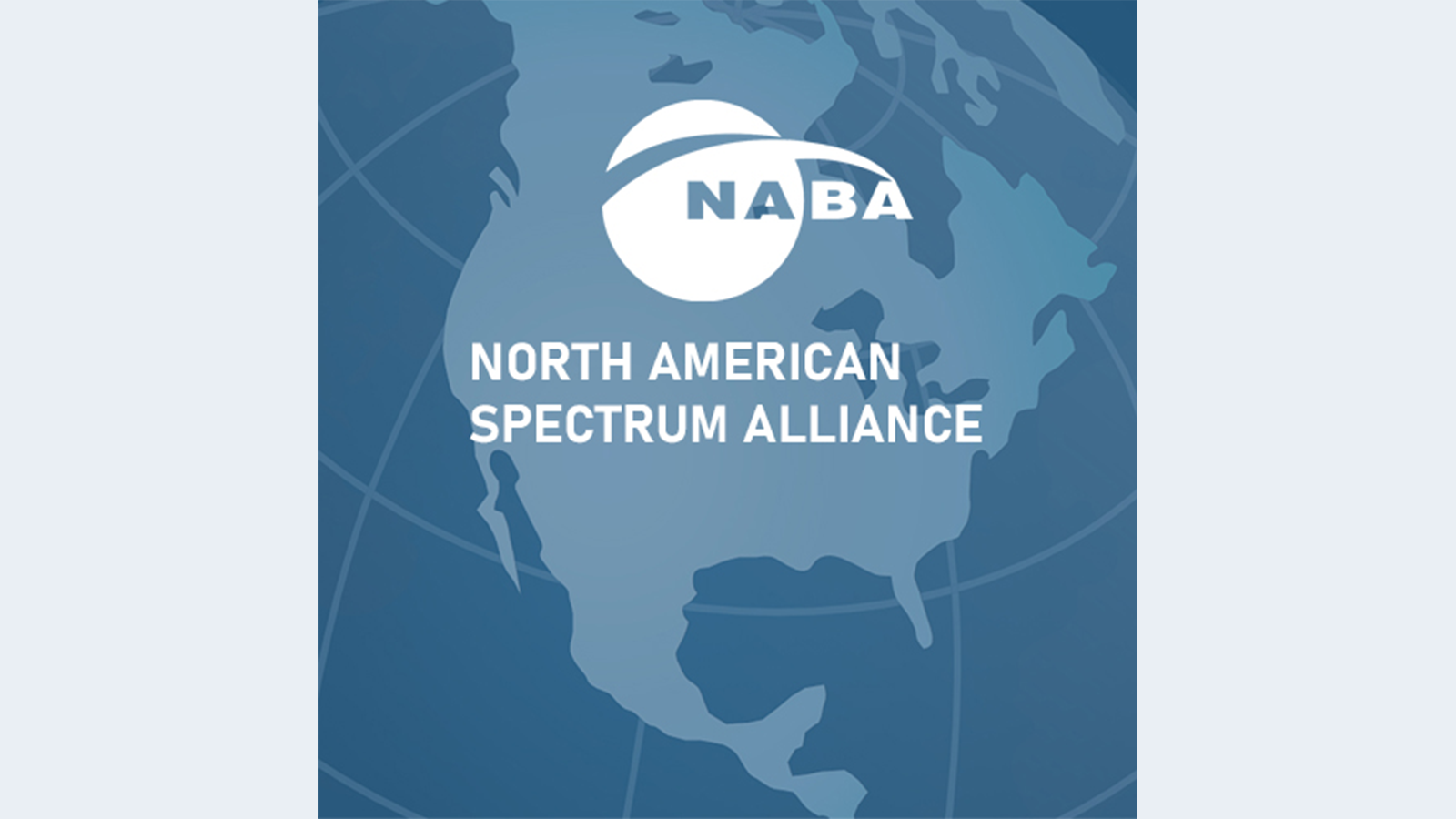CEA Friends Aereo
ARLINGTON, VA.: The Consumer Electronics Association has filed an amicus brief for Aereo, the New York startup that’s retransmitting broadcast TV signals without permission. Several broadcasters in that city are suing the service over copyright violation.
“CEA is joining an amicus brief in the Aereo case as the case will hinge on basic principles from the 1984 Supreme Court Sony Betamax case, the Magna Carta decision of our industry defining full recording of broadcast television as a fair use and allowing innovation in technology,” said CEA President and CEO Gary Shapiro in a statement today.
The CEA joined the Computer and Communications Industry Association in filing a friend-of-the-court brief for Aereo with the U.S. Court of Appeals for the Second Circuit. The CCIA is an industry association that includes IAC, an Internet company headed by Aereo’s backer, Barry Diller.
Diller claims Aereo has the right to rebroadcast TV signals without gaining retransmission consent on the basis of Cartoon Network, LP v. Cablevision. In that case, programmers sued Cablevision for copyright infringement over its remote digital video recording service. The Second Circuit in 2008 determined that the DVR service did not violate copyrights because it did not fit the legal definition of “public performance.” I.e., if a transmission is made available to just one individual, it’s not a considered a public performance.
Aereo says it similarly provides broadcast content to subscribers by recording it to a cloud-based server, and making it available through individually leased antennas for reception on mobile devices. The service launched in New York in March with 20 over-the-air TV channels. Broadcasters sought an injunction to stop Aereo while the copyright challenge was under review, but a federal judge denied the request based on Cablevision. The cable operator responded with an amicus brief on the side of broadcasters.
Cablevision asked the court to reconsider the injunction on the basis of significant differences between its own DVR service and Aereo. Cablevision pays retransmission fees, for one thing. Additionally, it’s remote DVR service isn’t necessary for the delivery of live programming, unlike Aereo’s. Cablevision also noted that Aereo subscribers are “randomly assigned an antenna each time they use the system,” which essentially comprises “public performance.”
Cablevision also challenged the comparison of Aereo to the Sony case, which established fair use.
“Nothing in Sony supports the view that a copy made for one valid ‘fair use’ purpose, such as time-shifting, may also be used for other, invalid purposes, such as watching live television through an otherwise unlawful retransmission service, particularly where that other invalid purpose is the primary reason for the copy,” Cablevision’s brief said.
Aereo in fact offers a free level of service that comprises “Live Only” DVR storage space for watching local TV “for one continuous hour a day.” A one-day pass with three-hours of storage costs $1 and includes two antennas “so you can record two shows at once. Or watch one show while recording another.” For $8 a month, Aereo offers two antennas and 20 hours of storage, while $12 a month or $80 for the year gets 40 hours with two antennas. The service works through several desktop browsers, Apple devices and via Roku.
The copyright challenge, brought by Fox, Univision, PBS, CBS, NBC ABC, Telemundo and several local TV stations, remains pending with the court.
Also seeAereo Files for Patent on Out-of-Market Streaming at Multichannel News.
Get the TV Tech Newsletter
The professional video industry's #1 source for news, trends and product and tech information. Sign up below.
